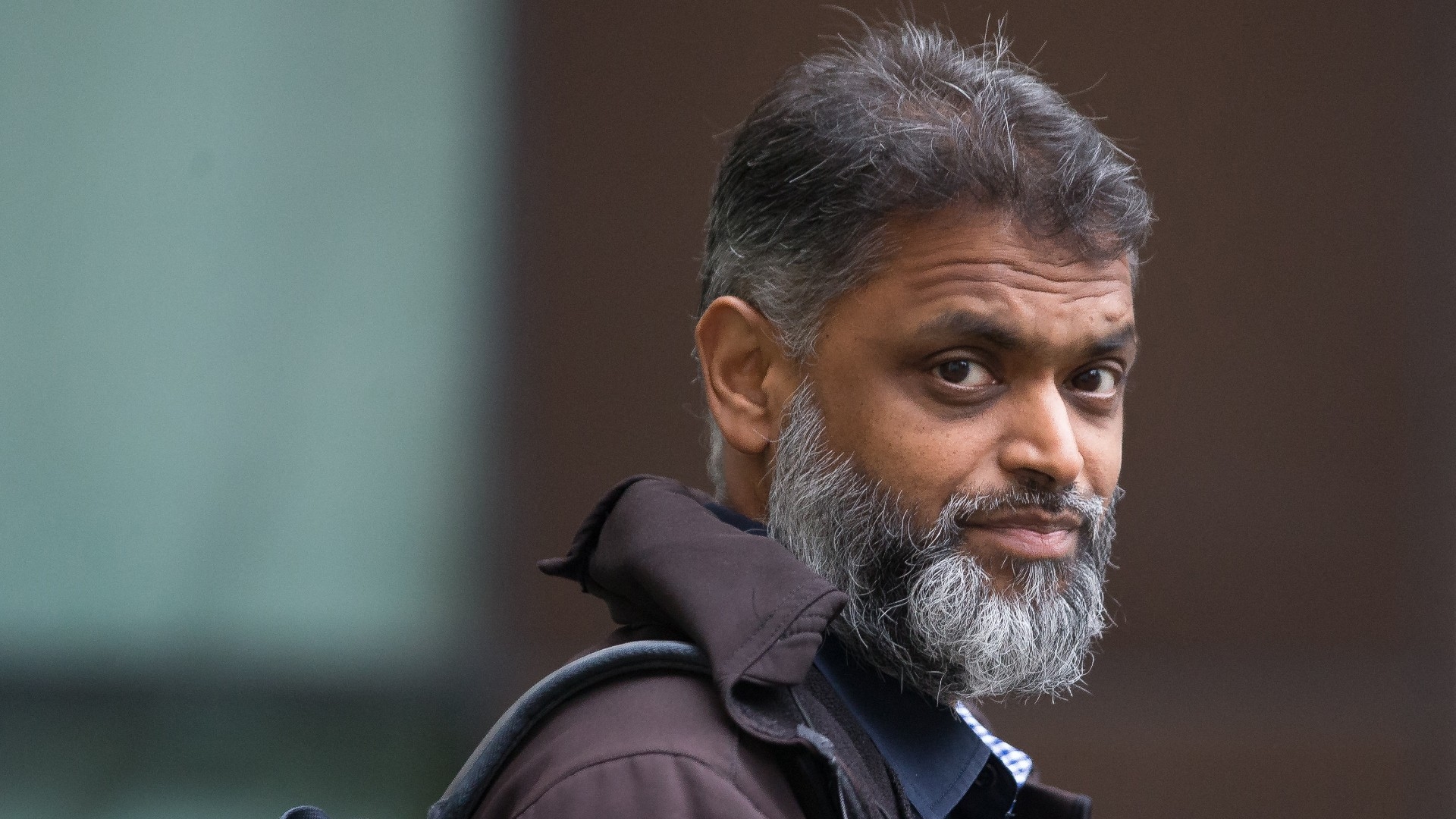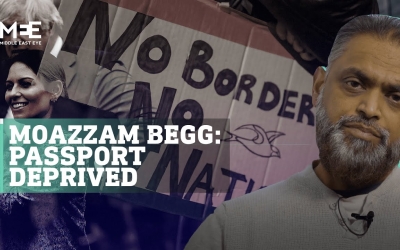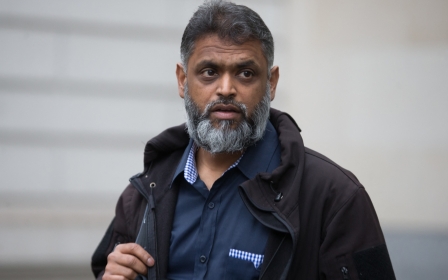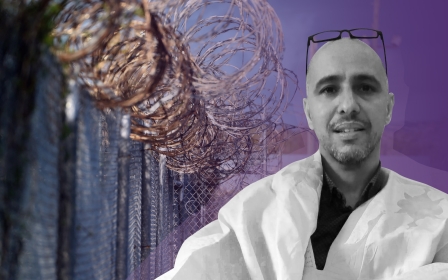Moazzam Begg: Ex-Guantanamo detainee gets right to UK passport back after eight years

Former Guantanamo Bay detainee Moazzam Begg can obtain a British passport after his previous one was seized over eight years ago following a visit to opposition-held Syria.
In January, the British human rights campaigner sought a judicial review to examine the UK government’s cancellation of his passport in 2013 and its withdrawal of another last year.
Begg received correspondence from the Home Office on 27 May informing him that Home Secretary Priti Patel had decided he could now apply for a new passport, according to a report in the Guardian on Thursday.
He told Middle East Eye in January that he had been subjected to a sustained campaign of harassment that has deprived him of the freedom to travel for work and to visit family abroad.
“Primarily I wanted to attend my daughter’s wedding. Relatives have passed away and I have not been able to attend their funerals,” Begg told MEE.
New MEE newsletter: Jerusalem Dispatch
Sign up to get the latest insights and analysis on Israel-Palestine, alongside Turkey Unpacked and other MEE newsletters
“And, of course, the investigation work, all of that has stopped,” he added, referring to his work as outreach director for Cage, a London-based advocacy organisation focused on the impact of counterterrorism policies on Muslim communities.
Passport revoked three times
Begg was previously refused a passport following his return to the UK from Guantanamo in 2005, where he was taken in 2002 after being abducted in Pakistan and handed over to US custody in Afghanistan.
His passport was restored following a judicial review in 2009.
The campaigner travelled to Libya and Syria following the Arab Spring uprisings of 2011 to investigate links between American and British intelligence agencies and security services in those countries.
His passport was confiscated after two visits to opposition-held Syria in 2012, during which time he met with rebels involved in the fight to overthrow Syrian President Bashar al-Assad.
He was subsequently told by the Home Office that the document had been cancelled because it was assessed he was likely to travel abroad in the future to engage in terrorist activity.
He was arrested and charged with terrorism offences in February 2014, spending seven months on remand in London’s high-security HMP Belmarsh.
But the charges were dropped days before his trial was due to start when it emerged that Begg had travelled to Syria a second time with the knowledge and consent of MI5.
In September 2021, Begg was finally issued a new passport, but the Home Office informed him three weeks later that it had been issued in error and was once again withdrawn.
“This is the third time that my passport has been revoked. What is it I am guilty of?” he told MEE in January.
“I have never had a day in court, never been convicted of any crime. I have been compensated by the government for its role in my abuse. It’s well known that I have been campaigning against the role of British intelligence services in torture.”
According to the latest published figures, the government denied passports on national security grounds to 86 people between 2013 and 2018. Forty-eight of these cases were reviewed and passports were restored to 13 people.
Other controversial measures used against British nationals who travelled to Syria have included citizenship deprivation powers, which the government is currently seeking to extend through the Borders and Nationality bill.
Middle East Eye delivers independent and unrivalled coverage and analysis of the Middle East, North Africa and beyond. To learn more about republishing this content and the associated fees, please fill out this form. More about MEE can be found here.





